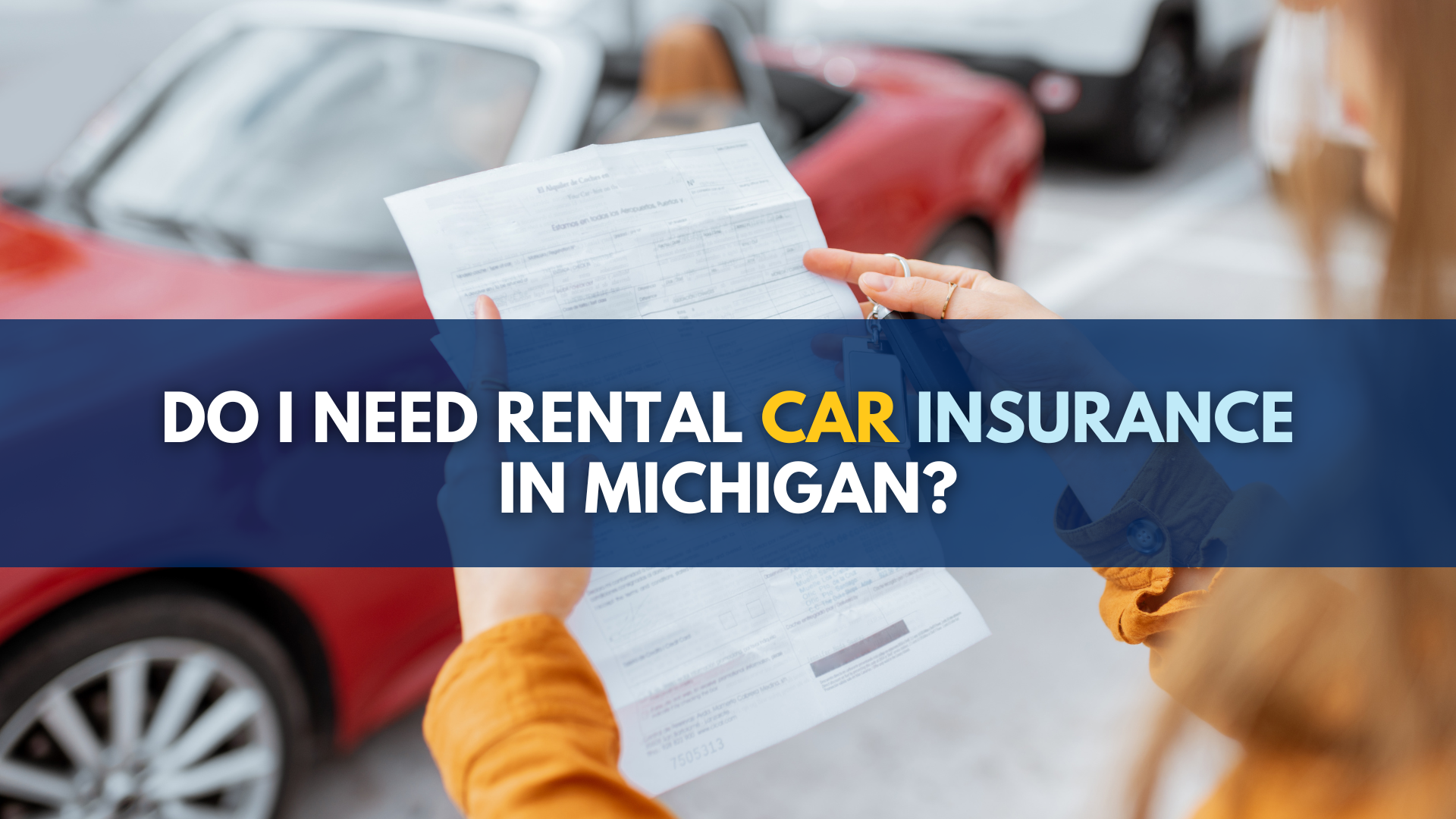Democrats & Republicans back Michigan No Fault reform that includes savings for drivers, fee schedule, IME oversight & imposing fair dealing/good faith requirement on auto insurers

A recently introduced package of bills from a broad, bipartisan coalition of House lawmakers is a shining example of how constructive Michigan No Fault reform can be. These new bills take a more comprehensive approach to Michigan No Fault that will both lower car insurance prices (e.g., a medical-provider fee at 185% of Workers’ Compensation and a mandatory savings provision) and preserve — as well as improve — the benefits and legal protections guaranteed by our auto No Fault law.
The bipartisan nature for this 14-bill package stands in stark contrast to House Bill 5013, the dreadful Michigan No Fault reform plan cooked up by Detroit Mayor Mike Duggan, House Speaker Tom Leonard (R-DeWitt) and House Insurance Committee Chair Lana Theis (R-Brighton).
What’s new with these bills is that they have additional consumer and car crash victim protections that are absent in the Duggan-Leonard-Theis No Fault reform bill. These consumer protections include much-needed and long-overdue reforms such as much-needed oversight of IME doctors (the so-called “independent” medical examinations conducted by insurance company hired-gun doctors) and requiring auto insurance companies to deal fairly and in good faith with car accident victims.
These bills enjoy the sponsorship support of 44 House members — 9 Republicans and 35 Democrats.
Duggan-Leonard-Theis Michigan No Fault reform plan: A bad plan, poorly executed and doomed from the start
This groundswell of support is also in stark contrast with HB 5013, which has only one sponsor: Rep. Lana Theis. Yet, there are more than 40 House lawmakers from both sides of the political aisle who believe enough in this new package of auto insurance reform proposals that they’re willing to become sponsors of the legislation.
At a minimum, that should be enough to get the same two days’ worth of hearings before the House Insurance Committee that HB 5013 got.
What does the House’s bipartisan coalition propose for Michigan No Fault reform?
In the days to come, I will be discussing in greater detail what I believe to be the highlights of the 11-bill Michigan No Fault reform package being advanced by House’s bipartisan coalition.
However, for today, I offer the following brief overview of each of the 14 bills:
- House Bill 5101 — Creates a “No-Fault independent medical examination board” that would “select and appoint” licensed Michigan physicians to conduct IMEs, set the “procedures and standards” that apply to IMEs, and take necessary action to “maintain [the] quality and independence of the individuals” who conduct IMEs.
- House Bill 5102 — Increases the Mini Tort Law’s maximum recovery limit from $1,000 to $5,000.
- House Bill 5103 — Without a finding by a court that a Michigan No Fault auto insurance company is handling a claim “in a manner that is clearly irresponsible, incompetent, or illegal,” the Michigan Catastrophic Claims Association (MCCA) “shall not, directly or indirectly, participate in, interfere with, or otherwise attempt to influence the adjustment or settlement of any aspect of a claim for allowable expense benefits,” i.e., No Fault medical benefits, “under section 3107(1)(a) …”
- House Bill 5104 — Imposes on No Fault auto insurance companies “a duty to deal fairly and in good faith with a person claiming [No Fault] benefits and the person’s service providers” and provides that any auto insurer who “breaches the duty” will be “liable for compensatory, consequential, economic, noneconomic, and exemplary damages proximately caused by the breach and actual attorney fees and the related costs of litigation.” Additionally, the bill creates a No Fault medical-provider fee schedule “at 185% of the maximum amount payable under” Workers’ Compensation’s “schedules of fees.”
- House Bill 5105 and 5106 — Establishes what constitutes the “required causal connection” between a car crash victim’s accident-related injuries and the medical care and/or treatment for which No Fault medical benefits coverage is sought. Undoes the Michigan Supreme Court’s ruling in Admire v. Auto-Owners. Undoes the Michigan Supreme Court’s ruling in Covenant v. State Farm by allowing doctors and hospitals to sue for unpaid No Fault medical benefits. Restores No Fault rights to innocent third parties who claim benefits under a policy that was fraudulently procured so long as they were “not a participant in the fraudulent procurement.”
- House Bill 5107 — Gives the Michigan Insurance Commissioner (DIFS Director) limited power to regulate car insurance premium rates. Limits health plan’s subrogation, reimbursement and/or lien rights.
- House Bill 5108 — Sets the hourly rate for in-home, family-provided attendant care at $15 per hour and sets the daily maximum of covered hours. However, the hourly rate doesn’t apply to car crash victims who have suffered a spinal cord injury, a closed head injury or a neurological injury. Additionally, neither the hourly rate nor the daily hours restrictions apply to family members who are licensed attendant care providers.
- House Bill 5109 — Clarifies that whether a car crash victim can sue for pain and suffering compensation based on having suffered a “serious impairment of body function” “is fact-specific and must be determined on a case-by-case basis.” Additionally, it aligns the language of the definition of “serious impairment of body function” with the Michigan Supreme Court’s ruling in McCormick v. Carrier.
- House Bill 5110 — Extends the time that car accident victims have to file an application for No Fault benefits from 1 year to 3 years “after the date of the accident causing injury” and extends the time that “[a]n action for recovery of personal protection insurance benefits,” i.e., No Fault benefits, “may be commenced” from 1 year to 3 years “after the most recent allowable expense, work loss or survivor’s loss has been incurred.”
- House Bill 5111 — Prohibits Michigan No Fault car insurance company from using non-driving-related factors in their premium/rates-setting process, including, but not limited to, the territory in which a driver “resides or works,” sex, marital status, race, employment, education level, homeownership, income level and credit score information.
- House Bill 5115 – Guarantees that doctors and hospitals who care for and treat car crash victims are “entitled to payment of personal protection insurance benefits,” i.e., No Fault PIP benefits, “on behalf of the injured person.”
- House Bill 5124 – Guarantees “a reduced premium rate” for drivers “62 years of age or older” who choose to “waive coverage for personal protection insurance benefits … other than coverage for charges incurred for reasonably necessary products, services, and accommodations that would be payable under long-term care insurance … or that are necessary for the injured person’s rehabilitation.”
- House Bill 5125 – Requires that the “premium rates filed” by Michigan No Fault car insurance companies for “automobile insurance policies” “must reflect savings” equaling “a 25% or greater total reduction per vehicle from the premium rates that were [previously] in effect …”


